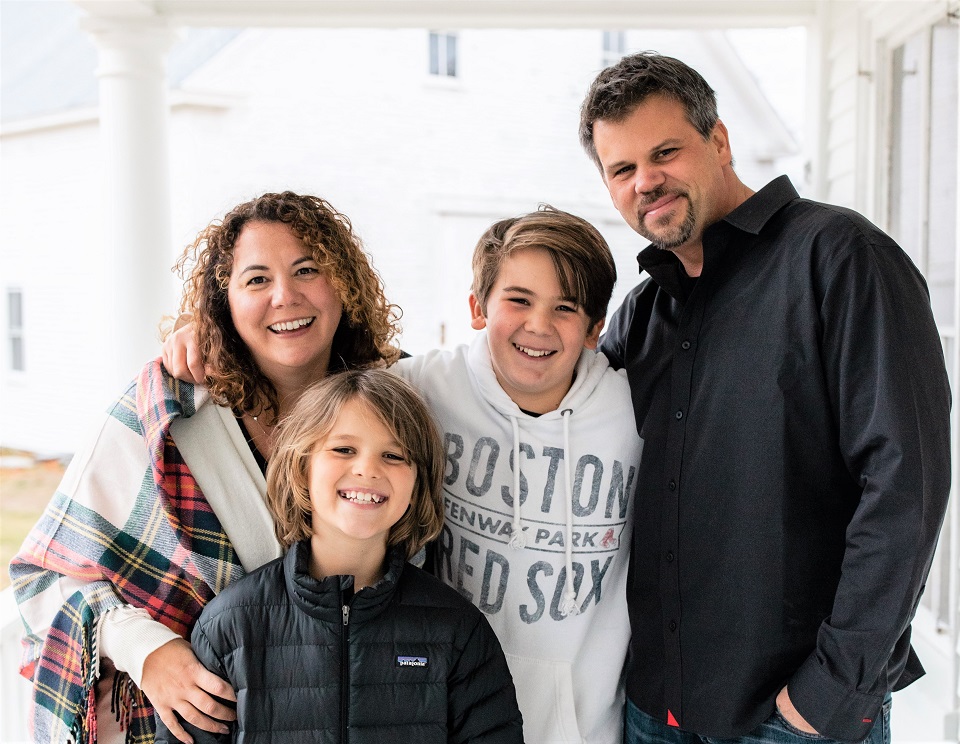Spotlight Series: National Leadership Council member, Christopher Bouton

Name: Chris Bouton (STS, 1992)
Job Title: CEO, Vyasa Analytics
About Chris: Chris is the CEO of Vyasa Analytics, applying novel deep learning approaches for enterprise clients. Previously, Chris was the CEO of Entagen a software company founded in 2008 that provided innovative Big Data products including Extera and TripleMap. Prior to his role as the CEO of Entagen, he worked as a computational biologist at LION Bioscience Research Inc. and Aveo Pharmaceuticals from 2001 and 2004, leading the microarray data analysis functions at both companies. Chris is an author on over a dozen scientific papers and book chapters and his work has been covered in a number of industry news articles.
Education: Undergraduate degree in Neuroscience from Amherst College and Ph.D. in Neuroscience from Johns Hopkins University.
What does leadership mean to you?
To me, leadership means supporting, providing for and enabling your teams to do what they do best. It means providing a vision and a direction. And perhaps most important of all — it means listening. You have to listen to know how to support, provide and inspire.
As the world faces a pandemic, a climate catastrophe and numerous other scientific challenges, what are some steps you think the Society can take to address science literacy and support for science?
Continuing to foster and promote a love for science in our younger generations is of course at the foundation of what the Society does to help combat these larger systemic issues that we face. Science is the way that we will address them and inspiring our younger generations to tackle them is essential.
What is the most fulfilling aspect of your job?
Building new things, that were fleeting ideas at the outset, is incredibly fulfilling to me. It truly is the case that we can imagine anything. From the seed of an idea, it’s a matter of knowing how to take the idea from a fledgling thought to a real-world object or system that can truly make a difference in the world.
What’s the best advice you’ve ever received? Who gave it to you and what was it?
Some of the best advice I ever received was from Dr. Leslie Kozak while I was a summer intern at the Jackson Laboratory. I was preparing to travel to Washington D.C. later that year for the judging of the Science Talent Search and Dr. Kozak said to me, “Here’s the best advice I can give you. If you don’t know the answer to a question, say, ‘I don’t know.’ That sounds like simple advice, but too often, people try to answer a question that they don’t know the answer to and the end result of that is that they look foolish and lose credibility. Instead, if you just say, “I don’t know.” then you actually gain immediate credibility.
Is there a book that has made an impact on your life? What is the name of the book and what impact did it make?
There have been plenty of books that have made an impact in my life. I would say that an important one is The Lean Startup by Eric Ries. The reason is that building or discovering anything new in the world takes trial and error. It takes iteration. In fact, iteration is essential to these pursuits. The Lean Startup outlines the key ways in which these processes of iteration are at the very heart of building or discovering anything new.
Did you have a favorite mentor as a young person? What difference did that person make in your life and your approach to problem-solving?
I had a number of science teachers in high school who were favorite mentors to me early on. Mr. Perry, Ms. Anderson, Mr. Epstein were all people who helped me to discover just how much I loved science.


